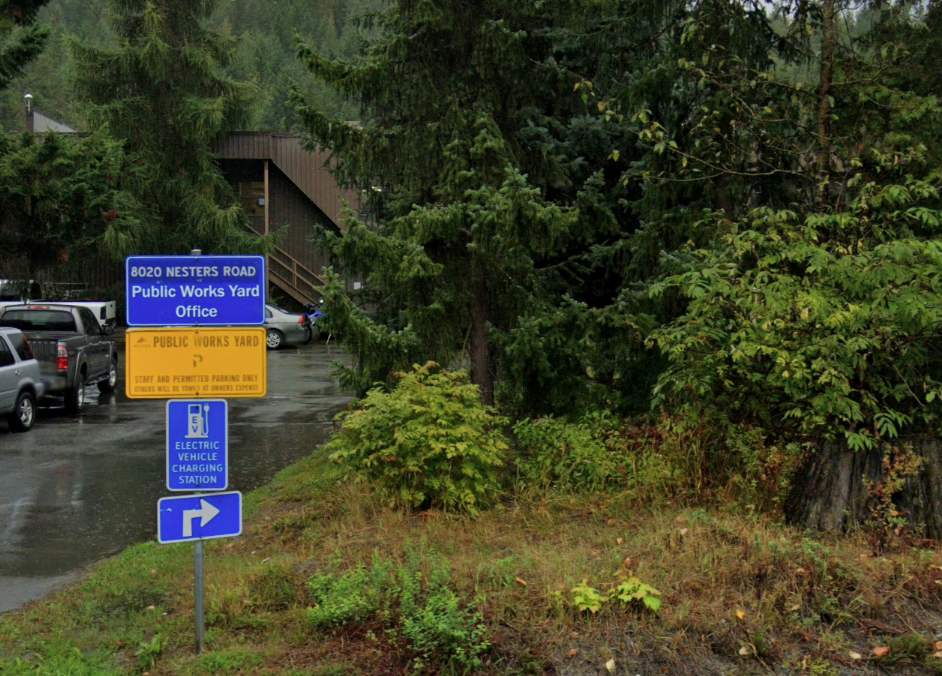The aging fuel systems at the Resort Municipality of Whistler's (RMOW) public works yard are overdue for an upgrade, but the project could be costlier than expected.
Whistler council agreed this week to award a $473,907 contract for the fuel-system upgrade project to Protec Petroleum Services Ltd., in accordance with the company’s bid submitted last month. Council also agreed to increase the overall budget for the project to $615,000 from the previously allocated $360,000.
The project will see all of the underground fuel tanks and vehicle fuelling systems at Whistler's public works yard—which service municipal vehicles like fire trucks, police cars and school buses— replaced. The current tanks and fuelling systems were installed in 1997.
The project was initially scheduled to take place last year, but was delayed due to the COVID-19 pandemic.
The main driver behind the rise in budget is the project’s recommended $90,000 contingency cost. Because the project involves excavation, de-watering could be required, while any soil or groundwater contamination found during the project would result in a costly remediation process.
RMOW staff said there are no current indicators that the aging systems are leaking and contaminating the area, while completing the project in August and September should help mitigate the need for any de-watering—ideally cutting the budget back down.
In addition, “A lot of the increase has to do with the climate that we’re in, and what was going on the last couple of years,” RMOW central services supervisor Paul Klein told council. “We’re in this position where many things are more expensive now than they used to be.”
The new tanks will have twice the capacity of the current system, Klein added, which will play a crucial role in ensuring the RMOW’s fuel stockpile remains adequate on heavy snow days— typically a pair of powder days can drain Whistler's fuel tanks in only 48 hours, he explained—or if an emergency were to strike.






